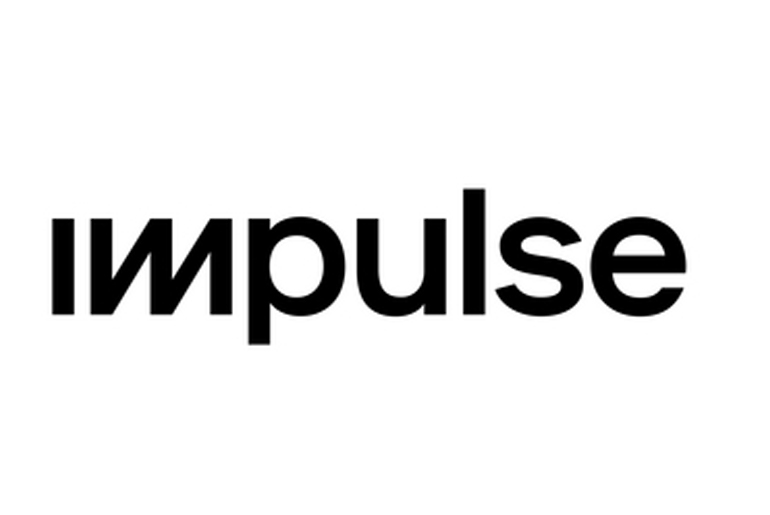Impulse, a Bay Area startup creating the next generation of battery-powered appliances for the contemporary electrified home, announced that its flagship product has received UL certification. This is the first and only instance of a battery-integrated appliance meeting the strict safety requirements set by Underwriters Laboratories (UL).
This accreditation paves the way for the broad use of battery-integrated appliances and is a historic first for the category. Impulse has not only overcome a significant regulatory obstacle, but it has also paved the way for others by collaborating closely with nationally recognized test labs (NRTLs) to develop safety standards for this completely new type of technology.
“When we set out to build a battery-integrated cooktop, we knew there was no playbook,” stated Sam D’Amico, CEO and founder of Impulse. “This isn’t just a win for us, it’s a signal to the entire industry that battery-powered appliances are real, they’re safe, and they’re scalable. And we’re the first company to prove it.”
A device that satisfies stringent safety requirements pertaining to electrical performance, temperature limitations, battery management systems, and fire risk is certain to meet UL certification. Listing with a NRTL is sometimes a non-negotiable condition for deployment, liability coverage, and customer trust for hardware firms, house builders, and insurers.
Jason Fisher, a voting member of two National Electrical Code-making panels and multiple UL Technical Committees, explains: “Listing and testing to a consensus standard offers critical assurance—to consumers and first responders, including firefighters—that these devices are safe to install and operate.”
With its onboard battery, the Impulse Cooktop installs faster, uses less energy at peak times, and offers unique grid-resilient features—unlocking both performance and energy independence.
Building for What Comes Next
This certification doesn’t just represent a compliance milestone. It opens doors for collaboration with homebuilders, appliance makers, and electrification programs that are ready to scale the next generation of home technology.
“We worked with UL and other NRTLs from the beginning to define how battery-integrated products should be evaluated,” stated D’Amico. “That work doesn’t just certify a stove—it establishes a blueprint. For any manufacturer looking to bring battery-powered performance to their own appliances or devices, the groundwork is done. We’re ready.”



